By: Jaimie Glatt
When I attracted a narcissistic relationship in my past, I was in a state of blind awareness of myself. As a naturally hypersensitive personality, I’ve been described as kind and know that I truly care for people. He needed a person like me to help make him feel whole. In that I became his source of emotional supply. I became his object to eject all of his prior frustration from those people he didn’t have the opportunity to do so with in his past. He had neglect wounds, and the thought of me leaving him triggered his insecurity that he felt growing up without his father in his home. Now that I’ve experienced a 5-year healthy relationship with a man, I understand how many of my prior relationships with men were not healthy.
In this new space, I thought it important to answer the question: How can you prevent becoming prey to an unhealthy relationship, and attracting someone who is in a state of deep suffering themselves?
Here are 3 areas I wish I would’ve been aware of the importance of and had more guidance on:
Knowing Your Personality. Knowing whether you are an extrovert or an introvert and what your personality type is, is invaluable. You can assess this on assessment sites such as www.16Personalities.com for example.
Knowing your Needs and Wants. Do you feel you need someone to complete you? Do you feel whole by yourself? Are you searching for emotional healing in a partner? Are you naturally caring about people? Are you wanting someone who meets a specific list of standards? These are all important questions to explore before getting into a relationship.
Knowing your Attachment Style. According to Very Well Mind.com, there are three attachment styles:
Secure, Ambivalent and Avoidant. Secure Attachment Style is characterized by the following:
As children: Studies have shown that securely attached children are more empathetic during later stages of childhood. These children are also described as less disruptive, less aggressive, and more mature than children with ambivalent or avoidant attachment styles.
As adults: Have trusting, lasting relationships. Tend to have good self-esteem, share feelings with partners and friends, and seek out social support.
Ambivalent (Anxious) Attachment Style
As children: In a review of ambivalent attachment literature, Cassidy and Berlin also found that observational research consistently links ambivalent insecure attachment to low maternal availability. As these children grow older, teachers often describe them as clingy, anxious and over-dependent.
As Adults: Those with this attachment style are reluctant to become close to others, worry that their partner does not love them, and become very distraught when relationships end.
Avoidant Attachment Style
As children: These children might not reject attention from a parent, but neither do they seek out comfort or contact. Children with an avoidant attachment show no preference between a parent and a complete stranger.
As adults: Those with an avoidant attachment tend to have difficulty with intimacy and close relationships. These individuals do not invest much emotion in relationships and experience little distress when a relationship ends.
You can define what is a healthy relationship for you based on your personality, needs and wants and attachment style. I encourage you to reflect on the questions above and ask what is healthy for you. Are you currently someone’s supply, other half, or whole partner? Are you currently in a trauma bond, or narcissistic relationship just like I was? Treat yourself with compassion, and you will develop more compassion for others. Reflect on your attachment style with curiosity, not judgement. Knowledge is power and speaking up is empowerment. If you are having difficulty navigating the emotions that comes with the quest for a healthy relationship, Nashville Emotional Wellness is here to support you.
You are not a source of supply. You are deserving of a happy whole, healthy relationship. You are worthy!
Reference
Cherry, K. (2020, June 4). The Different Types of Attachment Styles. Very Well Mind. https://www.verywellmind.com/attachment-styles-2795344

